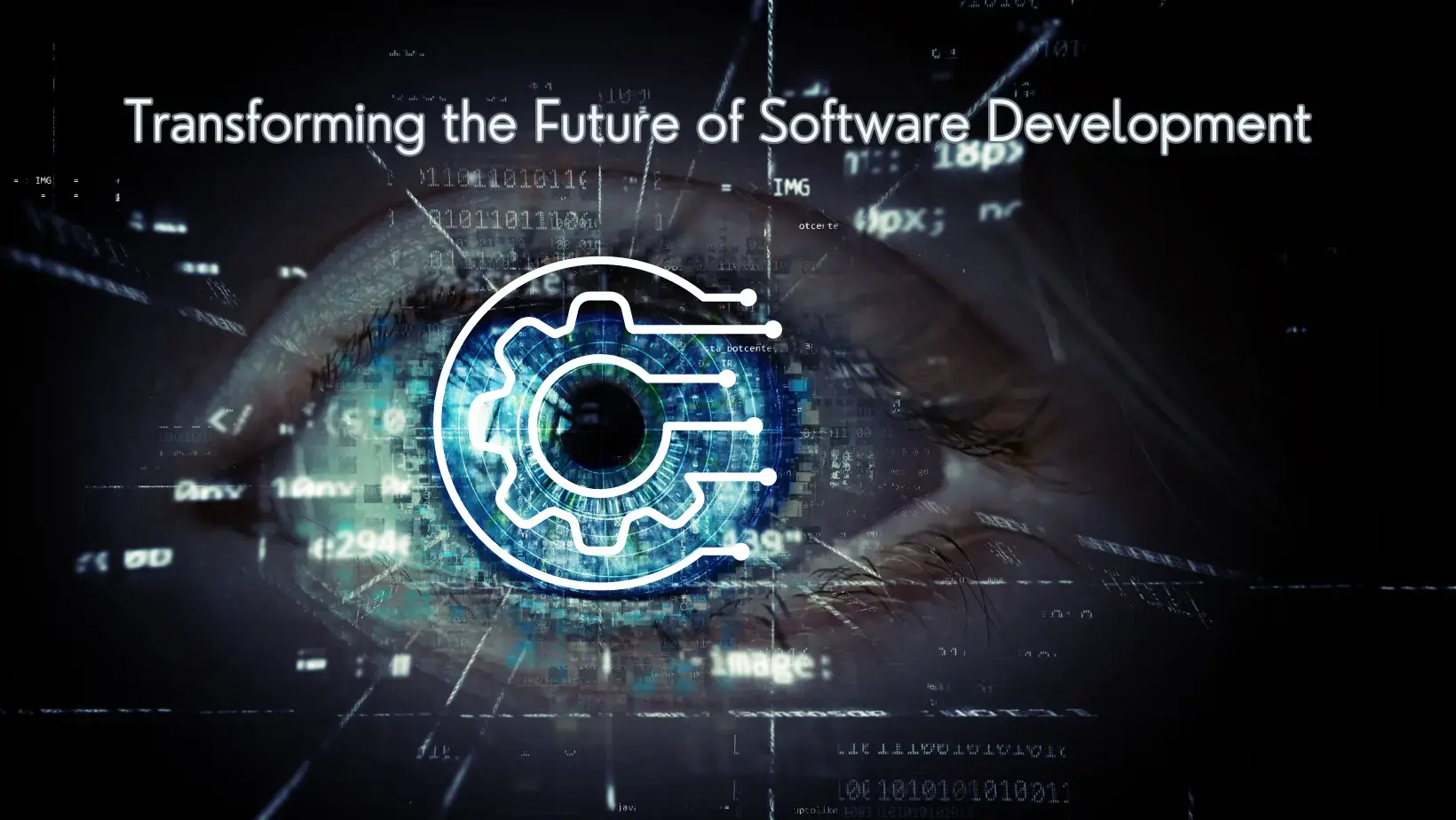Artificial Intelligence (AI) is transforming various sectors, and software development is no exception. AI technologies are increasingly becoming integral to the software development lifecycle, revolutionizing how we write code, test applications, and manage projects. This article explores the future of AI in software development, highlighting key trends, innovations, and their potential impact on the industry.
1. AI in Coding and Programming
A. Code Generation and Assistance
- AI-Powered Code Generators: AI tools, such as GitHub Copilot and OpenAI Codex, are assisting developers by generating code snippets, suggesting completions, and even writing entire functions based on natural language descriptions.
- Benefits: These tools enhance productivity, reduce coding errors, and streamline the development process by automating routine coding tasks.
B. Intelligent Code Reviews
- Automated Code Review Tools: AI-driven platforms are capable of analyzing code for potential bugs, security vulnerabilities, and adherence to best practices.
- Benefits: Automated reviews help maintain code quality, improve security, and accelerate the development cycle by identifying issues early in the process.
2. AI in Software Testing

A. Test Automation
- AI-Based Testing Tools: AI technologies are used to automate testing processes, including unit tests, integration tests, and regression tests. Tools like Testim and Applitools use machine learning to adapt to changes in the application and ensure comprehensive coverage.
- Benefits: AI-driven test automation improves accuracy, reduces manual effort, and accelerates the testing process.
B. Predictive Analytics
- Predictive Testing: AI algorithms analyze historical data to predict potential areas of failure or risk in the software. This approach allows developers to focus on high-risk areas and optimize testing strategies.
- Benefits: Predictive analytics enhance test efficiency, reduce the likelihood of critical bugs, and improve overall software reliability.
3. AI in Project Management
A. Intelligent Project Planning
- AI-Driven Project Management Tools: AI tools assist in project planning by analyzing past project data, predicting timelines, and optimizing resource allocation. Platforms like Monday.com and Asana are incorporating AI to enhance project management capabilities.
- Benefits: AI-powered project management helps teams make informed decisions, streamline workflows, and manage resources more effectively.
B. Risk Management and Mitigation
- AI for Risk Assessment: AI algorithms evaluate project risks based on various factors, including historical data, team performance, and project complexity. These insights help in proactively addressing potential issues.
- Benefits: Enhanced risk management leads to better project outcomes, reduced delays, and more efficient problem resolution.
4. AI and DevOps Integration
A. Continuous Integration and Delivery (CI/CD)
- AI in CI/CD Pipelines: AI technologies are being integrated into CI/CD pipelines to automate deployment, monitor application performance, and identify issues in real-time. Tools like Jenkins and GitLab are incorporating AI features for improved DevOps practices.
- Benefits: AI-driven CI/CD pipelines enhance deployment speed, reduce manual intervention, and ensure smoother releases.
B. Predictive Maintenance
- AI for Application Monitoring: AI algorithms analyze application performance data to predict and address potential issues before they impact users. This proactive approach helps maintain application stability and performance.
- Benefits: Predictive maintenance reduces downtime, improves user experience, and enhances application reliability.
5. Ethical Considerations and Challenges
A. AI Bias and Fairness
- Addressing Bias: Ensuring that AI systems used in software development do not perpetuate biases or unfair practices is crucial. Developers must be mindful of the ethical implications and work towards creating fair and unbiased AI solutions.
- Challenges: Bias in AI can affect code quality, user experience, and overall project outcomes. It requires ongoing efforts to address and mitigate these issues.
B. Data Privacy and Security
- Protecting Sensitive Data: As AI technologies become more prevalent, safeguarding sensitive data and ensuring compliance with data protection regulations is essential.
- Challenges: Implementing robust security measures and ensuring data privacy are critical to maintaining trust and protecting user information.
6. Future Trends and Innovations
A. Enhanced AI Capabilities
- Next-Generation AI: Future advancements in AI will likely bring more sophisticated capabilities, including advanced natural language processing, deeper insights into code optimization, and more accurate predictive analytics.
- Impact: These innovations will further streamline the software development process, improve quality, and drive innovation in the industry.
B. Integration with Emerging Technologies
- AI and Blockchain: The integration of AI with blockchain technology could enhance security, transparency, and efficiency in software development and deployment.
- AI and Quantum Computing: The combination of AI with quantum computing has the potential to solve complex problems and revolutionize various aspects of software development.
Conclusion
The future of AI in software development is poised to bring transformative changes to the industry. From automating coding and testing processes to enhancing project management and DevOps practices, AI technologies are set to revolutionize how software is developed, tested, and delivered. As AI continues to evolve, it will offer new opportunities for innovation, efficiency, and improved software quality. However, addressing ethical considerations and ensuring data privacy will remain crucial as AI becomes increasingly integrated into the software development lifecycle.
Staying informed about the latest AI trends and technologies will enable developers and businesses to leverage AI’s full potential and stay ahead in the ever-evolving software landscape.
